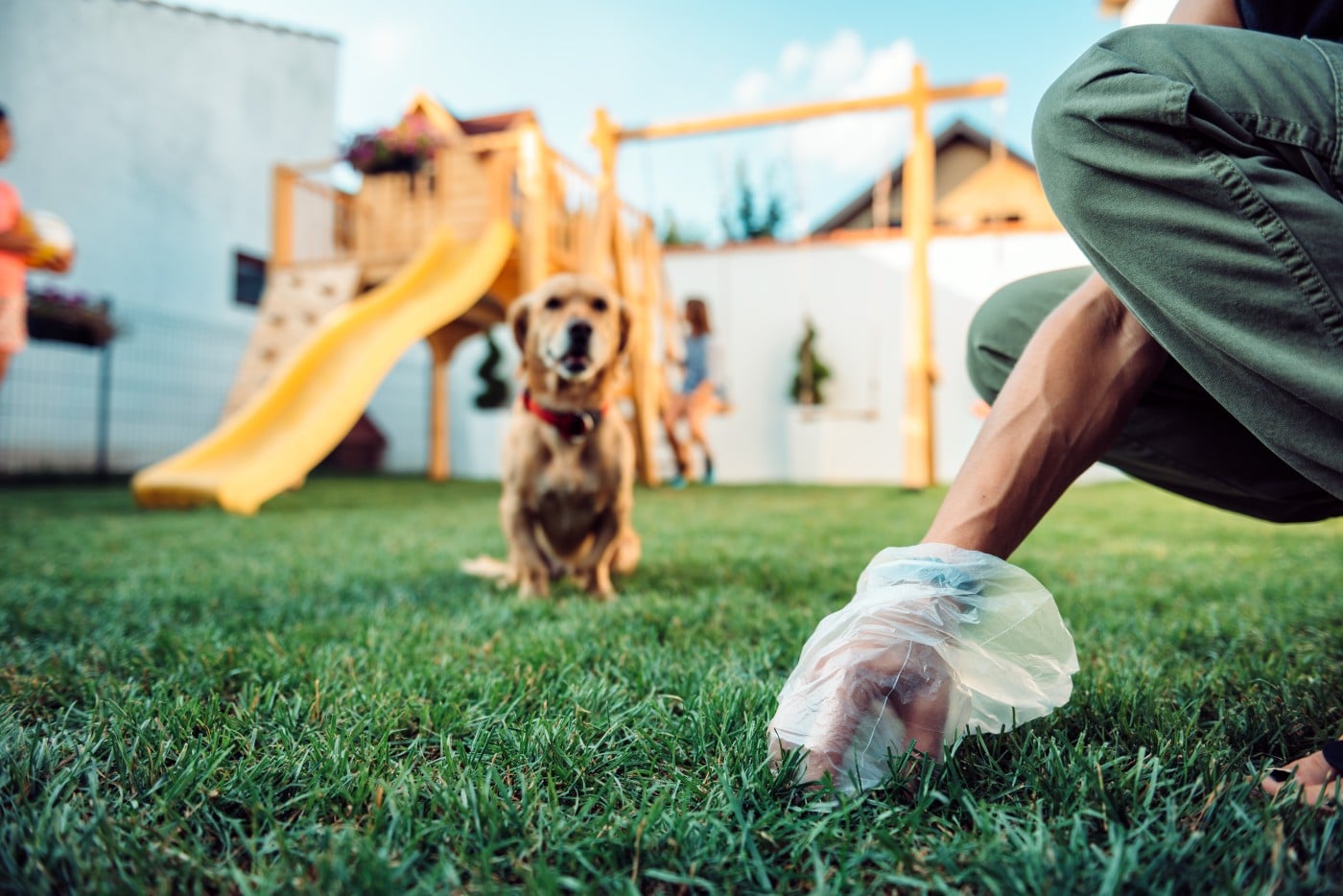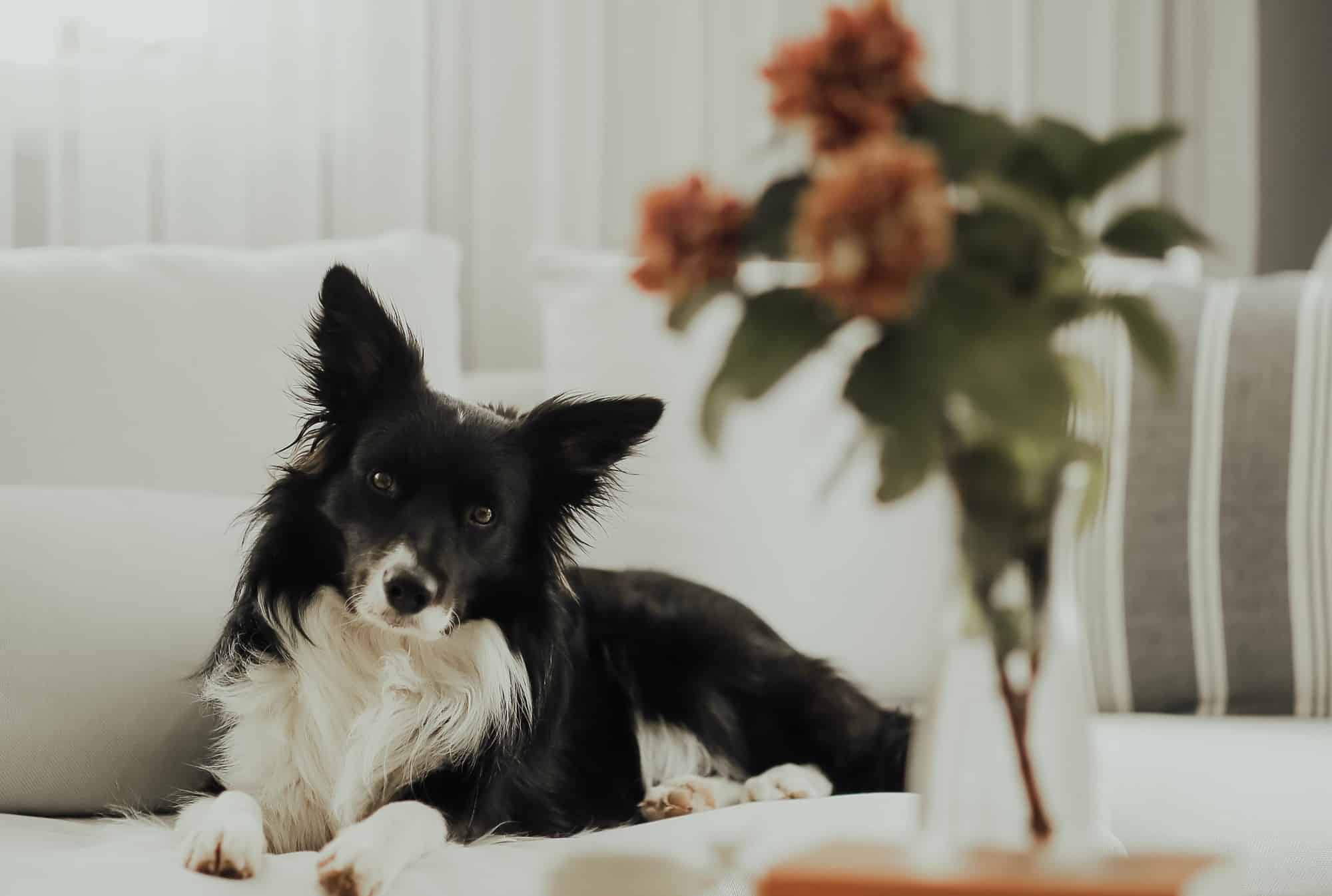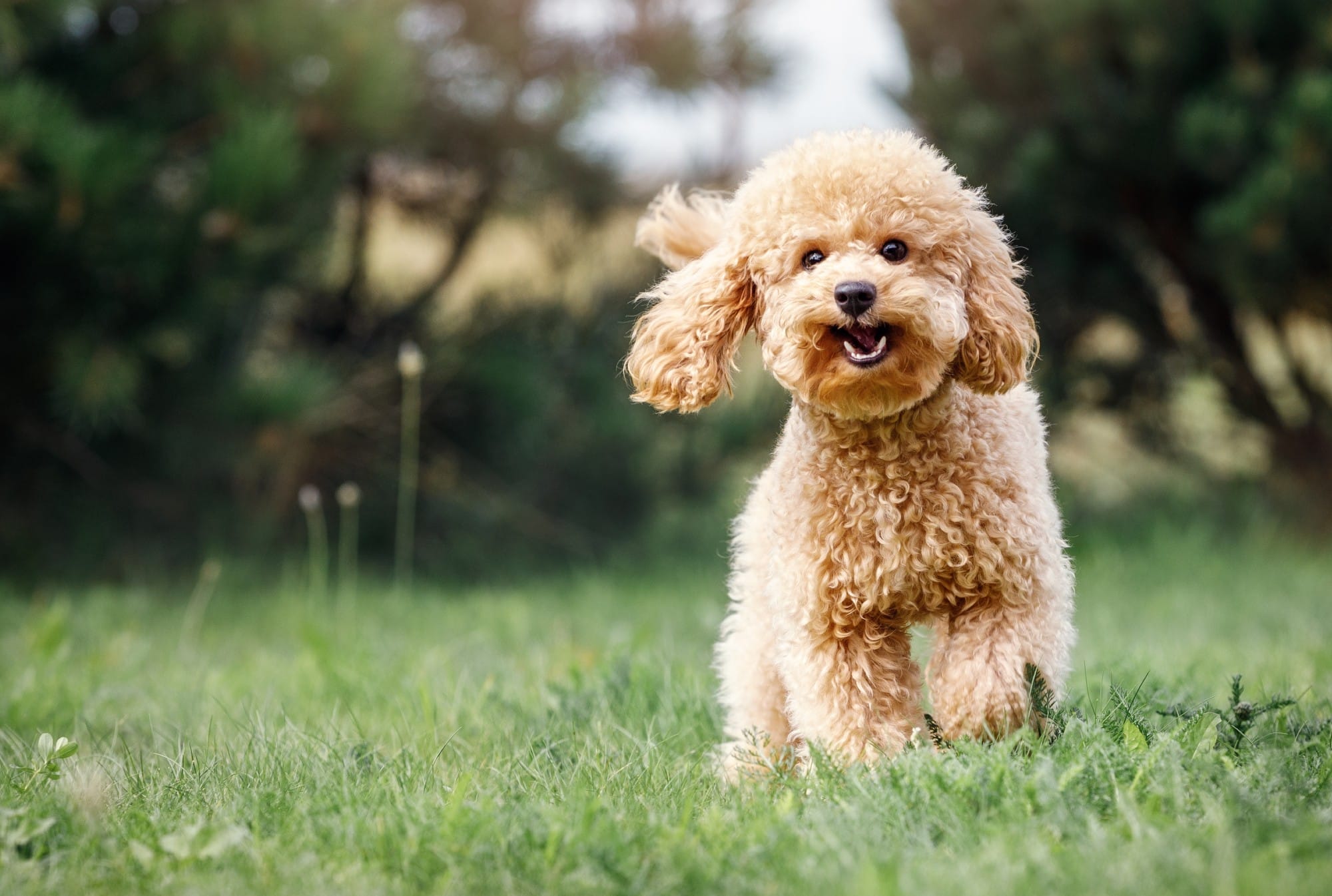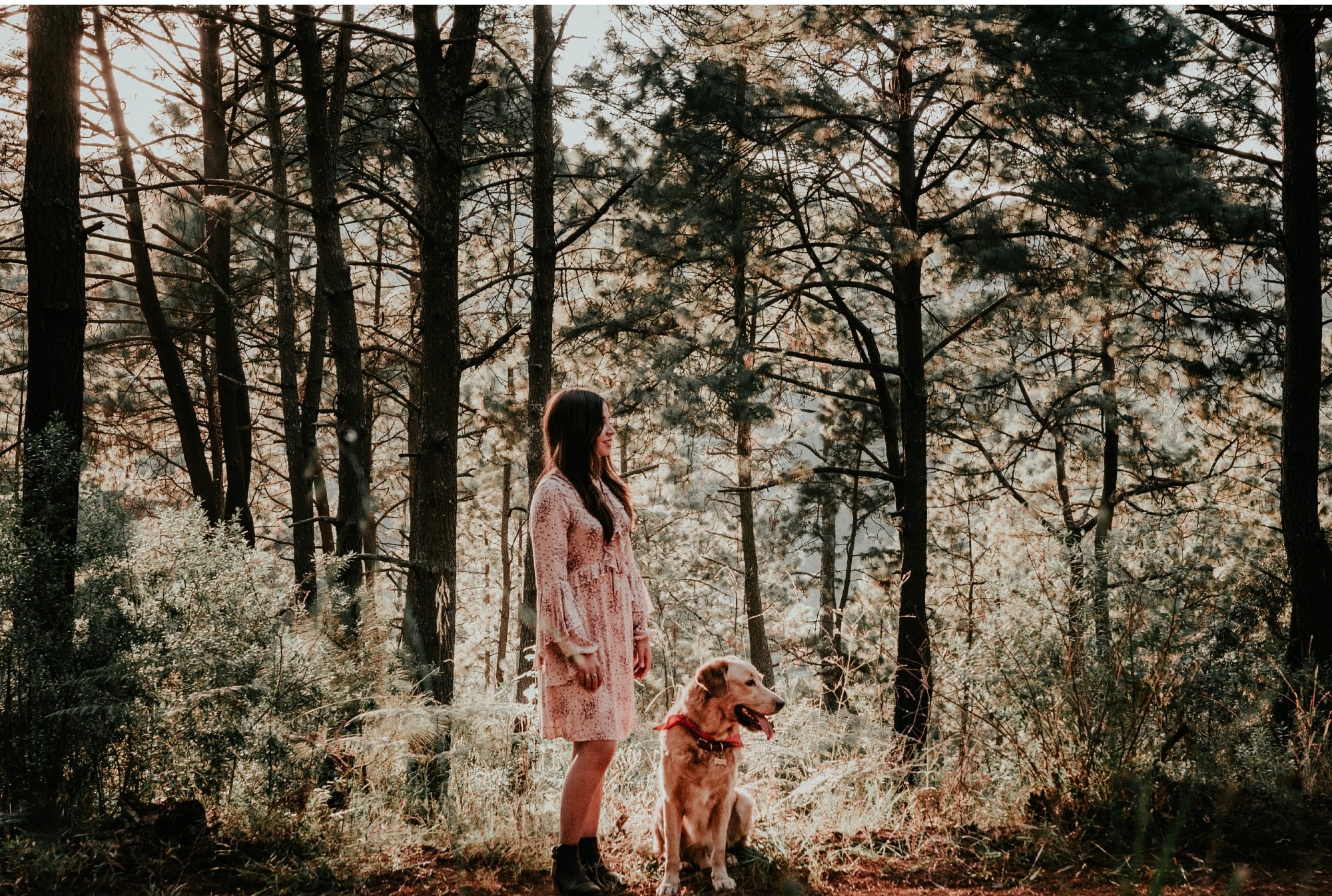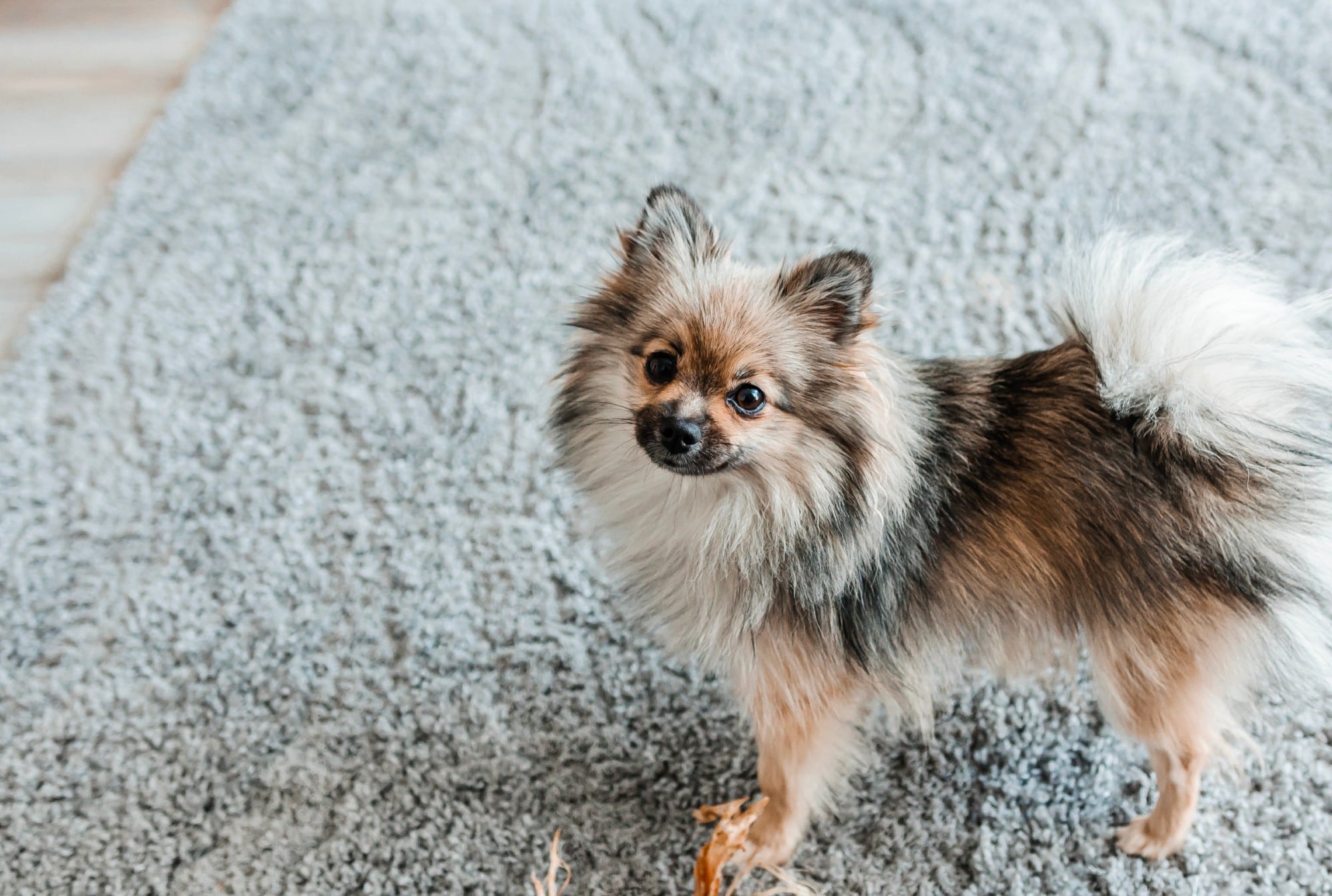As a pooch parent, dealing with your dog’s poop just comes with the territory. Picking up after your pup is not only about being a responsible dog parent, but it is also an opportunity to glean some very intimate insights into your dog’s health.
“Your dog’s poop is a measure of health. It’s just like looking at urine or blood in a physical exam,” says Dr. Dennis Chmiel, DVM, MBA, and founder of ClueJay, a fecal testing product. “It’s evidence that helps provide health clues to digestive function.”
And because not all dog poop is equal — from rock hard to slime city — it’s important to know what to look for to see if you should be concerned.
Here’s everything you need to know about your dog’s poop and her health.
Related: The 10 Best Pooper Scoopers To Clean Up After Your Pup
Healthy, Normal Poop
Stool and pooping characteristics vary from dog to dog. What’s critical is if you see a change in the norm for your specific pet. For instance, if your dog typically poops numerous times during the day and then suddenly starts to go only once per day, he may need to be seen by your vet.
With that being said, normal dog poop is brown, firm, and a bit moist. The color can vary due to your pet’s diet.
Related: The 10 Best Pooper Scoopers To Clean Up After Your Pup
Warning Signs in Your Dog’s Poop
Your pet’s poop can hold many clues about his internal and digestive health. Unusual colors, textures, and pooping habits can all signify a possible problem.
“If the stool is abnormal in appearance, including loose or soft, bloody, or discolored such as green and black, can be a sign that there is a problem,” says Dr. Chmiel. “Additionally, the stool can appear normal but if the dog is having difficulty passing it, that could be a sign of digestive upset.”
In terms of colors, black stool can represent bleeding from the upper intestinal track, including the stomach, or small intestine. The blood is getting digested and by the time it’s passed in the stool, it’s a black color. Dog poop can also include bright red blood streaks. This could mean that there is bleeding from the colon or the rectum. Green stool can represent bile.
Dog owners also need to keep an eye out for foreign objects in their pet’s poop. Pica is a condition that is characterized by dogs eating items other than their normal food. Foreign bodies in your pup’s stool can include carpet, kitty litter, fur, rocks, dirt, and pieces of his toys.
“If there is foreign material in the stool, this can show you that the dog has been getting into things he shouldn’t. Dog owners will also notice loose stool or diarrhea. This could be from ingesting items that are abnormal or foods the dog has a tough time digesting. Loose stool could also be attributed to parasites, including giardia and worms,” explains Dr. Chmiel.
The poop isn’t the only factor to examine. Your pet’s pooping habits could also indicate a possible health concern.
“Straining, gas, and constipation are common signs of digestive upset. Worms can lead to straining but can also be associated with anal gland impaction or masses like a tumor around the colon,” say Dr. Chmiel. “It can also be associated with the prostate in male dogs.”
Related: What’s Going on With Your Senior Dog: Is it Behavioral or Medical?
What You Can Do to Keep Your Dog Healthy
It’s recommended to test your pooch for parasites twice a year. Puppies should be tested up to four times per year. You can do it on your vet’s office, or through a service like Dr. Chmiel’s ClueJay, where you can do the testing at home.
“It’s important to test continuously and treat the parasites early before the dog becomes sick from them or before the parasites can cause problems to the people in the household,” says said Dr. Chmiel. “Roundworms, hookworms, and giardia can affect humans, especially those with a compromised immune system, infants, pregnant women, and the elderly.”
If you notice that your pet’s poop or pooping habits are out of the ordinary, contact your vet to make an appointment. In addition to unusual stool, if your dog is vomiting, lethargic, or not eating, take him to the vet immediately.
Related: The Scientific Reasons Behind Why Your Dog Eats His Poop













